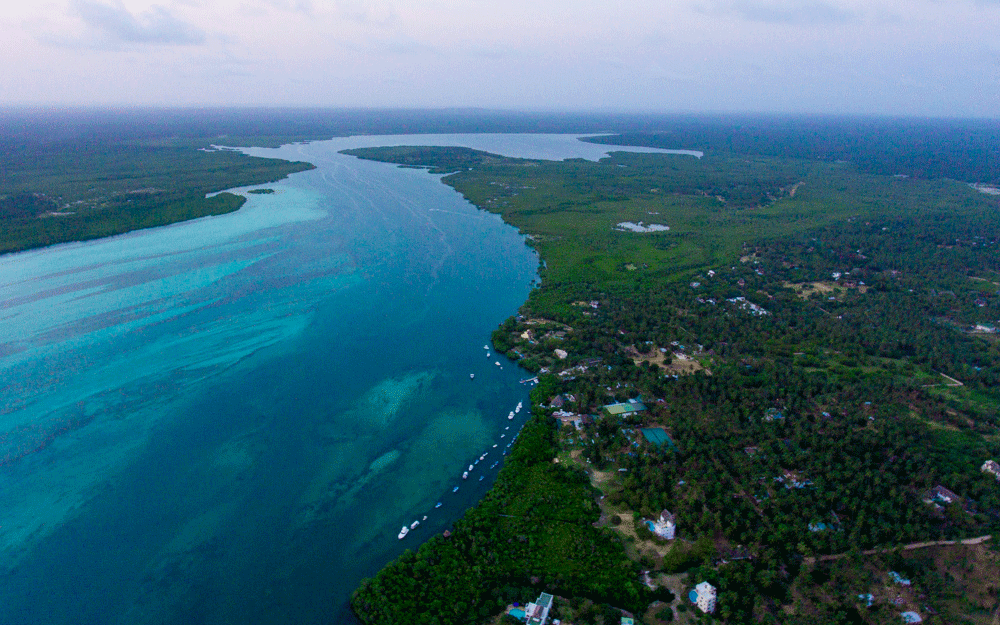×
The Standard e-Paper
Fearless, Trusted News

An aerial view of Mida Creek [Courtesy]
Travelling around Kenya is quite a humbling experience because each time you start to think you’ve seen it all… Magical Kenya sneaks one upon you! That’s how I felt when I discovered that humpback whales visit our Kenyan coastline annually!